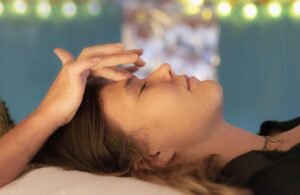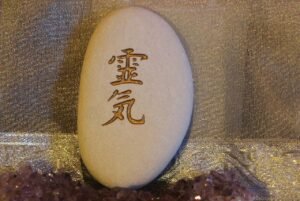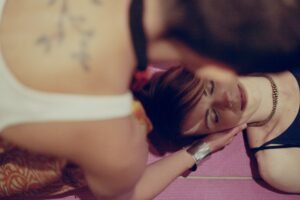Naturopathy
Naturopathy or naturopathic medicine is a form of alternative medicine that employs a variety of pseudoscientific practices labeled as “natural” or “non-invasive” and promotes “self-healing”. The ideology and methods of naturopathy are based on vitalism and holism, as opposed to evidence-based medicine. Naturopathic doctors generally advise against following modern medical practices, including, but not limited to, medical examinations, medications, vaccines and surgeries. Instead, naturopathic study and practice is based on unscientific notions, which often lead naturopaths to ineffective and even potentially health-threatening diagnoses and treatments.
Within the medical profession, naturopathy, in addition to being very much in the minority, is considered useless and possibly harmful, which raises ethical questions about its practice. In addition to accusations from the medical community, such as the American Cancer Society, naturopaths have been repeatedly accused of quackery. In some countries, it is a criminal offense for naturopaths to present themselves as medical professionals. Nevertheless, naturopaths continue to campaign for more recognition in the United States and other countries. And today naturopathy is one of the most widely used “natural therapies” in Europe.
Practice and fundamentals
The practice of naturopathy is based on a belief in the body’s ability to heal itself through a special life energy or force that internally guides bodily processes. Diagnosis and treatment refer primarily to alternative therapies and “natural” methods that naturopaths believe promote the body’s natural healing ability. Naturopaths focus on a holistic approach, completely avoiding the use of surgery and conventional medications. Naturopaths claim to prevent disease through stress reduction and diet and lifestyle changes, often rejecting evidence-based medicine methods.
A consultation usually begins with a lengthy patient interview that focuses on lifestyle, medical history, emotional tone, and physical characteristics, as well as a physical examination. Many naturopaths present themselves as primary health care providers, and some naturopathic doctors may go so far as to prescribe medications, perform minor surgery, and integrate other conventional medical approaches, such as diet and lifestyle counseling, with their naturopathic practice.
Traditional naturopaths deal exclusively with lifestyle changes and do not diagnose or treat disease. Naturopaths generally do not recommend the use of vaccines and antibiotics, based in part on early opinions that shaped the profession, and may provide alternative remedies even when evidence-based medicine has proven effective.
Source: Wikipedia

How does Reiki work, and what is the exact method?
The method of Reiki relies heavily on a practitioner’s intuition regarding what they believe their client needs. So, in other words, there is no strict protocol when it comes to performing Reiki. “It depends on how my client enters the room— if they are super anxious, I’ll start at their feet to ground them and

5 Health benefits of reiki
Relieves pain, anxiety, and fatigueAccording to a review of randomized trials, reiki may help to reduce pain and anxiety, though more research is needed. It may also help to reduce fatigue.A 2015 study found that people being treated for cancer who received distant reiki in addition to regular medical care had lower levels of pain,

What is Reiki?
Although energy work and reiki is considered quiet popular many people still don’t know what it is…It’s like describing the sun to someone who has only ever lived in a cave. Words just won’t do it but take them out to the sunshine and there you have it – they feel that warmth and glow


